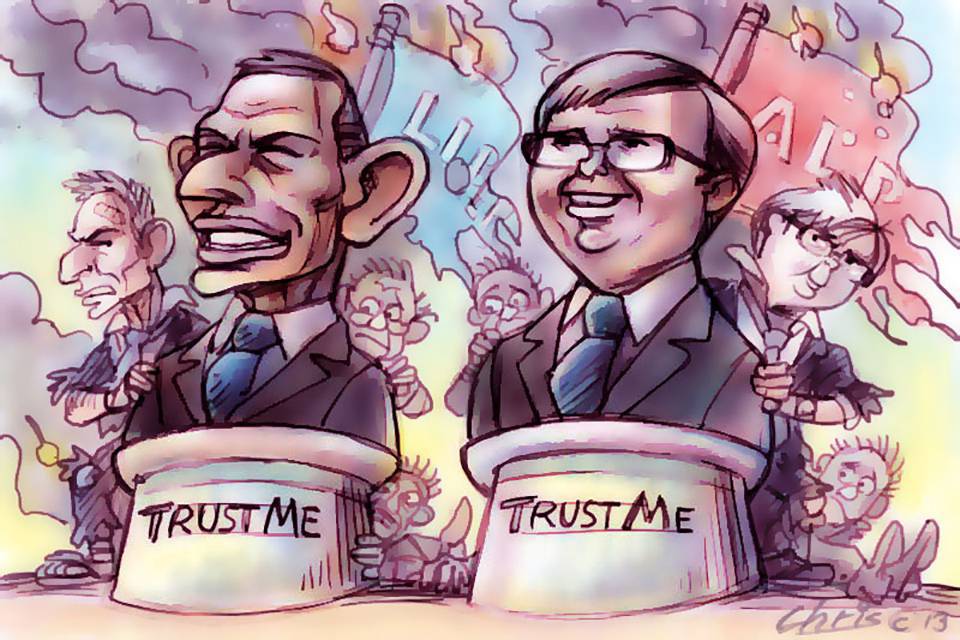Brazil's Swing to the Right: Political Divide Deepens in Municipal Runoffs
Brazilians voted in runoff elections across 51 cities to elect municipal officials. This shift is anticipated to reshape the political scene for the 2026 elections, with right and center-right parties leading in key areas, while Lula's Workers Party struggled, marking a pivotal political transition.

On Sunday, Brazilians participated in runoff elections for municipal officials across 51 cities. The elections are expected to confirm the electorate's shift to the right, potentially redrawing the political landscape leading up to the 2026 presidential and congressional elections.
Right and center-right parties are projected to dominate, especially in 15 state capitals choosing mayors for the next four years. Bolsonaro's Liberal Party (PL) is poised to increase its influence, while President Lula's Workers Party has underperformed, partly due to his waning popularity. In Fortaleza, a crucial battleground in the northeast, the PT faces a close contest against the PL.
A significant focus is on Sao Paulo, where incumbent Mayor Ricardo Nunes, backed by Bolsonaro, is expected to overcome his leftist rival, Guilherme Boulos. Despite a recent power blackout affecting his favorability, polls indicate Nunes leads. These elections highlight ongoing internal divisions among Brazil's right-wing parties, emphasizing the political dynamics setting the stage for 2026 elections.
(With inputs from agencies.)
- READ MORE ON:
- Brazilians
- elections
- municipal
- runoffs
- political
- parties
- congressional
- shifts
- Bolsonaro
- Lula
ALSO READ
Amit Shah Critiques Uddhav Thackeray's Political Alliances
Deep-Sea Fishing Deal Controversy: Unveiling the Political Conspiracy
Political Intrigue Manipulates Junior Doctors' Strike
Delhi's Pollution Crisis: 'Toxic Gas Chamber' Allegations from BJP Stir Political Debate
Political Tensions Rise as Jharkhand Polls Near









